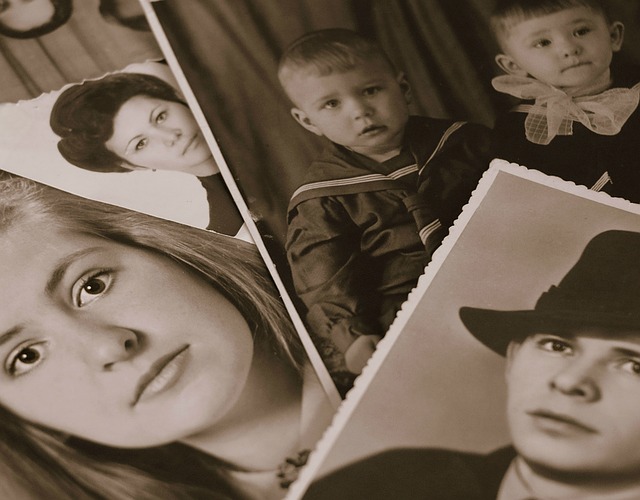 LN asks: “My friend, a Catholic, went to a therapist who used hypnosis to take her back to a previous life. She was all excited about it and said finding out that she had been a male surgeon in a past life made certain things about her life make more sense. Are Catholics allowed to participate in this kind of therapy?”
LN asks: “My friend, a Catholic, went to a therapist who used hypnosis to take her back to a previous life. She was all excited about it and said finding out that she had been a male surgeon in a past life made certain things about her life make more sense. Are Catholics allowed to participate in this kind of therapy?”In a word – no.
The reason is because belief in a past life insinuates belief in reincarnation, which is not a Christian belief. As the Catechism of the Catholic Church states: “Death is the end of man's earthly pilgrimage, of the time of grace and mercy which God offers man so as to work out his earthly life in keeping with the divine plan, and to decide his ultimate destiny. When ‘the single course of our earthly life’ [Vatican II, Lumen Gentium, 48, 3] is completed, we shall not return to other earthly lives: ‘It is appointed for men to die once’ [Heb 9:27]. There is no reincarnation after death” [No. 1013].
As I point out in my book, Learn to Discern: Is It Christian or New Age, the greatest predictor of whether or not a patient will experience a past-life memory during therapy is if the person believes in reincarnation to begin with.
For example, in an experience conducted by psychologist Robert Baker, he divided a group of 60 students into three groups. He told the first group they were about to experience an exciting new therapy that would help them uncover past lives. As a result, 85 percent of these students remembered a past life.
To the second group, he said they were about to experience a therapy that may or may not engender past-life memories. Sixty percent of these students said they remembered a past life.
To the third group, he said they were about to experience a crazy therapy and that normal people generally do not experience a past life. Only 10 percent of this group had a past-life memory.
In addition, a long history of fraud is associated with “past life” memories. One of the most notorious examples is the famous Bridey Murphy case which occurred in 1952, an event many believe was the start of the “past life regression therapy” craze in the U.S.
The case involved a Colorado housewife named Virginia Tighe who began speaking in an Irish brogue after being hypnotized by an amateur hypnotist. During a series of six sessions, Tighe began describing a past life she claimed to have lived in Cork, Ireland where she was known as Bridey Murphy. The story turned into the best selling book, The Search for Bridey Murphy, that had journalists combing Ireland looking for any details that might confirm what appeared to be proof of reincarnation.
They found nothing, however, and Tighe was eventually exposed as a fraud, writes Deal Hudson in an article entitles, “12 claims every Catholic should be able to answer.”
“Virginia’s childhood friends recalled her active imagination and ability to concoct complex stories (often centered around the imitation brogue she had perfected),” Hudson writes. “Not only that, but she had a great fondness for Ireland, due in part to a friendship with an Irish woman whose maiden name was - you guessed it - Bridie.”
In spite of cases such as these, an ever growing number of New Age practitioners continue to hawk this therapy.
“While this may be convincing to some, it certainly isn’t to anyone familiar with the mechanics of hypnosis,” Hudson writes. “Almost since the beginning, researchers have noted that patients in deep hypnosis frequently weave elaborate stories and memories, which later turn out to be utterly untrue.”
Moira Noonan, professional speaker and author of Ransomed from Darkness, was once a certified hypno-therapist with a special interest in past-life regression.
“Regression therapies are, of course, only meaningful if one believes in reincarnation, a belief that is fundamental to New Age thinking,” Noonan writes. “I know that the past-life experiences I once induced were either imaginary or were drawn from experiences earlier in a client’s present life. Some may have involved dark forces, but most likely they didn’t.”
Some Christian therapists involved in past life regression therapy will try to “Christianize” it, such as by using images of Christ leading a patient down a path into another life, but belief in past lives, i.e., reincarnation is simply not Christian.
© All Rights Reserved, Living His Life Abundantly®/Women of Grace® http://www.womenofgrace.com
